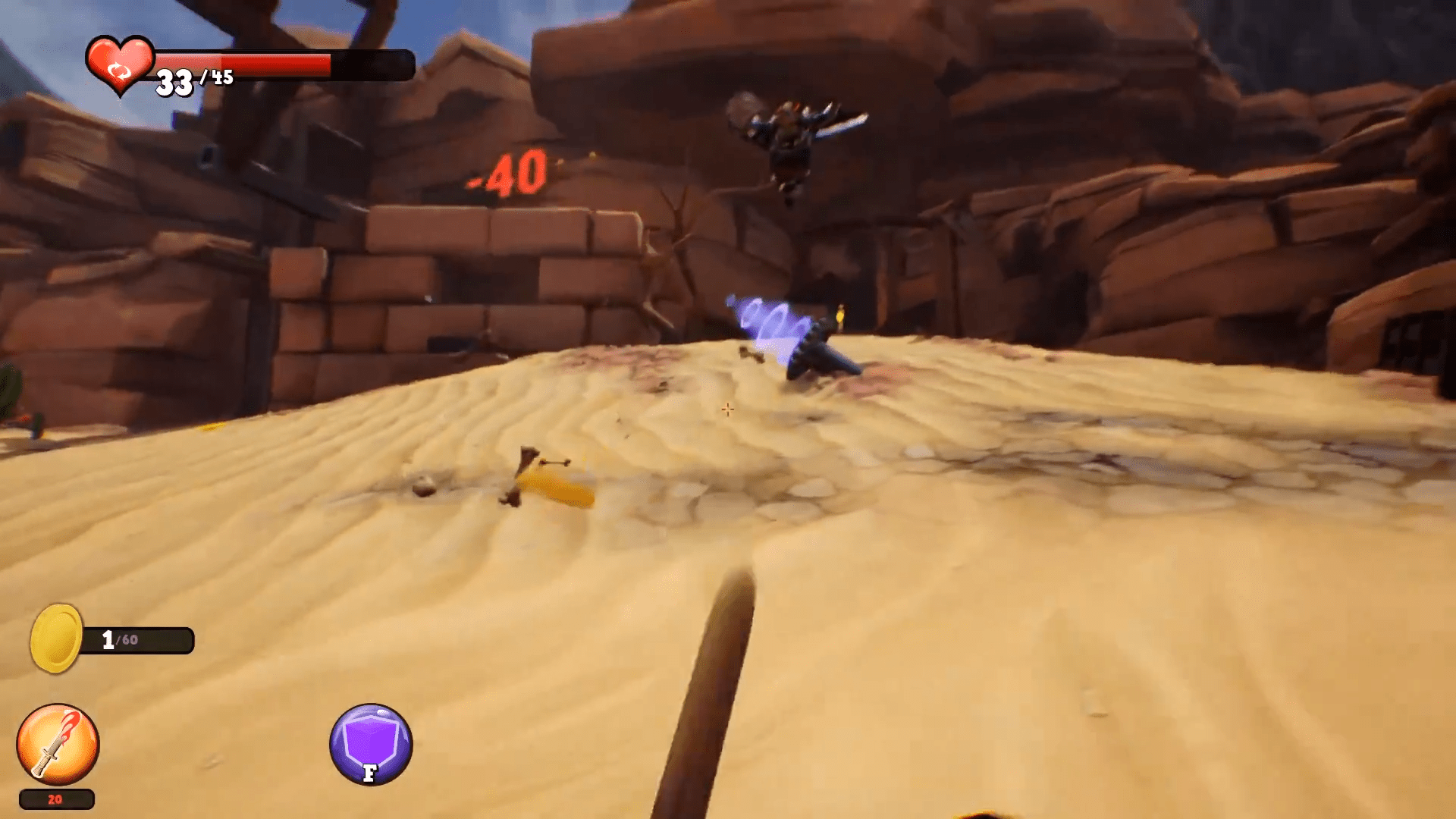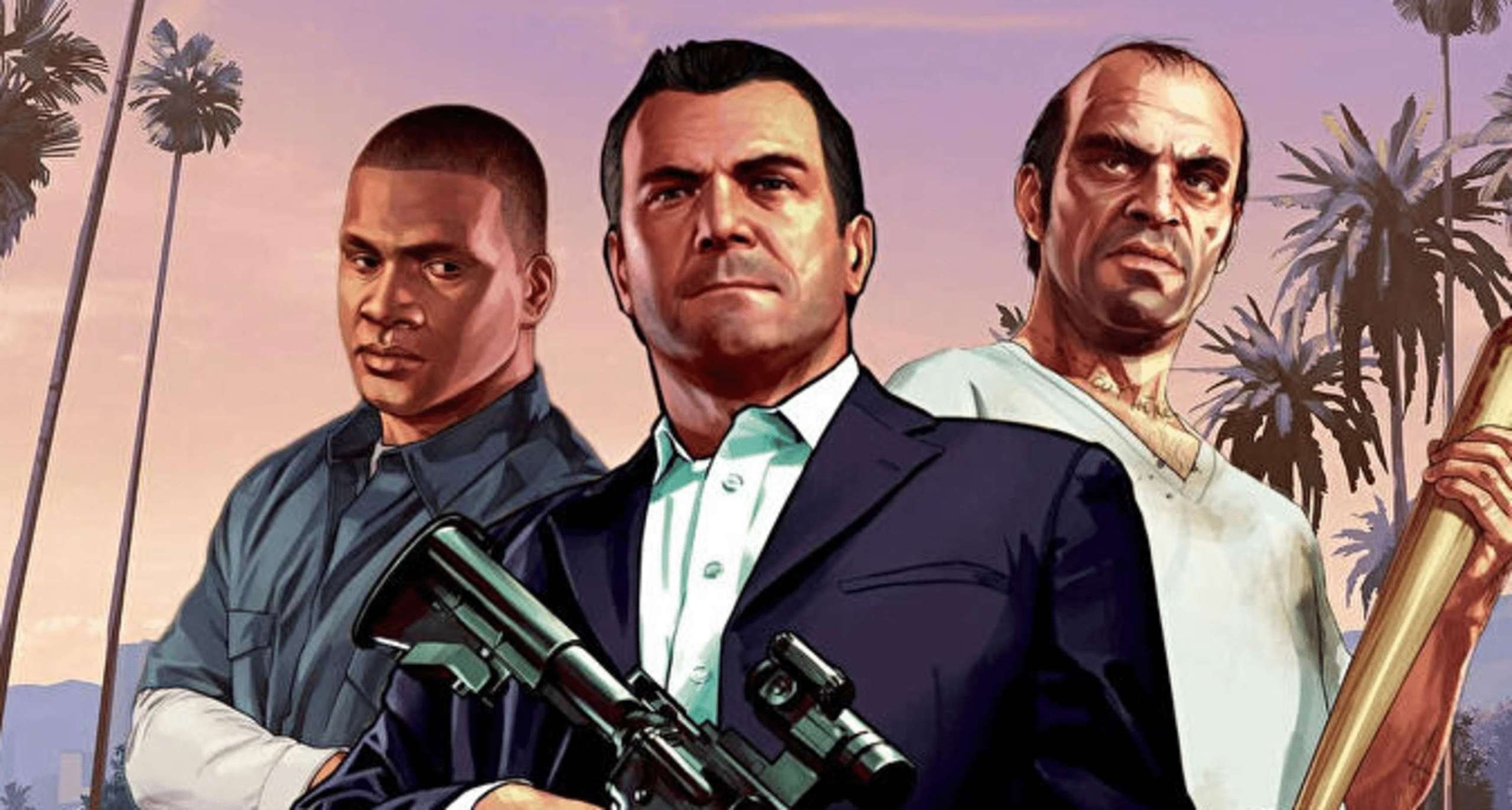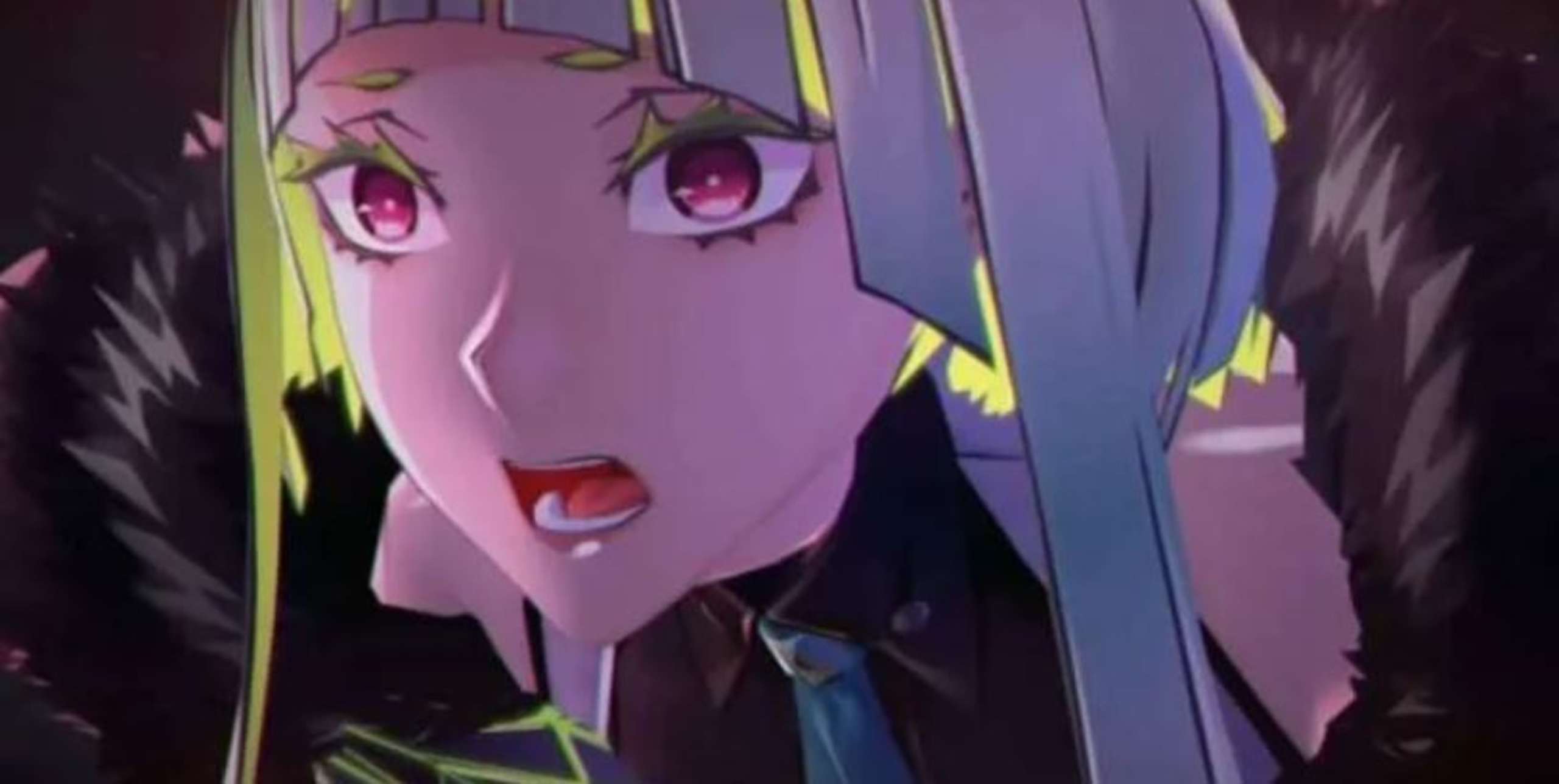Supraland is an adventure-puzzle hybrid where players control a 3-dimensional stickman, moving through environments where he must interact with the in-game physics to continue their progression. It proposes itself as a Metroidvania, where abilities unlock the next access, yet its singular progression through the game stymies the claim just a bit. Regardless, they’re celebrating reaching 100,000 purchases on Steam, and the development team shares some thoughts on their journey thus far. The post itself makes time for some odd bemoaning for a forward-facing announcement, rather than towards other game-devs on a Medium article, making the entirety of the blog post far more helpful for indie developers than the game audience on Steam.
First, Supraland is the second title of the Supra-franchise, quickly following the final release of Supraball that was trapped in Early Access for a while. It also appears that the developer has more or less stopped progression on Supraball, instead of dedicating his time to the paid title Supraland. So the developer has a bit of experience in terms of cultivating a following, releasing regular patches to encourage growth, and is working on continuing the franchise.
Supraland developers Supra Games wanted to dig a bit further into how the majority ended up owning Supraland, beyond the analytics that Steam’s offers their developers. Thus, they created a poll and requested fans to fill it out, to help them crack the code of Steam success. The poll ranges from how they found the content within Supraland, to how consumers ended up finding, deciding, and finally purchasing the title. The results are interesting; roughly 1,500 users took the time to fill out the poll; the relatively small sample size should be considered when perusing these results.
Supralands End of the Year report – Poll results, future projects, DLC testing, big new Update and more https://t.co/cwrDQA0lEO
— SupraGames (@SupraGamesUG) December 30, 2019
On Traction, Gained and Lost
Of the sample, Supra Games reports that nearly all of the pollees have recommended the game to a friend, and roughly 5% played the game based on a friend.
It was far more beneficial, in the case of Supraland, that Steam’s reviews were the primary driving force to the vast majority of purchases. 62% of those polled found the game through Steam, 15% found the title through ‘influencers’ playing the title on YouTube and Twitch, 6% from the gaming press, and 5% (as mentioned) based on a friends recommendation. Supra Games finds this to ultimately mean that developers shouldn’t necessarily give much credit to anything outside of game development; build a wonderful experience, and the players will follow in the end.
Certain titles, such as Chronoclysm and Descenders may argue those findings, and theory in general. It’s also worth noting that some titles fare far better via influencers than others; battle royales was almost entirely built off of streaming power, where many would continue to queue in hopes of playing the server with their favored personality. The wild varieties are ultimately seen in battle-royales, where weapons and map selection can result in drastically different outcomes, ultimately inspire those watching.
On the contrary, Supraland focuses on temporarily befuddling their players, as they explore and attempt to figure out how to get towards the next objective. Once you’ve seen how a puzzle is beaten (or many puzzles), that part of the game ends up falling a bit flat as you’re ultimately just following in someone else’s footsteps. Titles such as Hollow Knight, Counter-Strike: Global Offensive, and their ilk that requires more skill than thought would likely report far better results in capturing the attention of consumers via influencers.
The Devil You Know
Another interesting dilemma the Supra Games have reported is continuing to iterate on the gameplay entrenched in Supraland; they’ve hit a sweet spot in terms of audience, yet also want to further their reach. So they come to a crossroads that many developers know all too well: how much can they iterate before burning the rapport they’ve crafted with their current fans? Super Games found from their poll that all respondents love the game as it is; the wording makes the developers concerned about further iteration, although it may be more of a wording error within their poll than it is players requesting not to include new mechanics into the game.
With DLCs reportedly inbound for the title before the apparent second iteration of Supraland (titled at the moment as Supraland 2), Supra Games has teased what they’re calling a spin-off project, currently titled Suprarace; a platformer-centric racing title. The inclusion of a short YouTube video allows Supra Games to gauge the audience reaction without dedicating too many of the studios’ resources to the title; if the feedback primarily comes back with a negative view, they won’t be soft-locked into bringing the idea as a fully-fledged title, saving resources.
The studio has also been toying with the idea of bringing cooperative gameplay to their current title, Supraland, yet is weighing the possible benefits to the consequences. While many would erroneously assume that it’s a simple matter of toggling the switch in the developer panel called ‘Allow Cooperative Play’, it’s far more nuanced than that. Beyond the necessary networking that must be wrought into a title that was intentioned to be single-player, many of the puzzles must also be altered to increase their scope beyond a singular entity. This would take massive development time, considering the small team at Supra Games, slowing the development of both DLCs and the assumedly inevitable Supraland 2.
With that in mind, Supra Games find themselves hesitant to add cooperative play. From the poll, they found that roughly half of their current player base would be interested in playing cooperatively. They also presumed that of that 50%, it would be difficult for them to find a partner to play through with, and it would be a difficult sell for one to pick up the title for the sole purpose of playing cooperatively with a friend. The resulting percentage means that it’s a risk to reach towards cooperative play, rather than developing on the single-player content. It’s worth noting that they did not outright deny or decry the future of cooperative; merely that it would be a decidedly risky venture.
All in all, the verbiage of their Steam News post makes for interesting reading for those interested in developer conundrums that must be strategized through, and worth reading for aspiring game developers.







